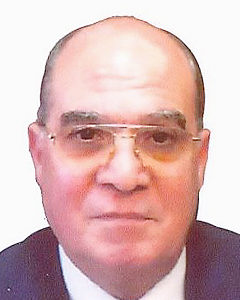Guest post by Mazarine Treyz
Author, the Wild Woman’s Guide to Fundraising book and blog, and co-creator of The Stop Workplace Bullying App
 Everyone deserves dignity and respect in the workplace. If you’ve ever had a difficult boss or co-worker, this app is for you.
Everyone deserves dignity and respect in the workplace. If you’ve ever had a difficult boss or co-worker, this app is for you.
Stop Workplace Bullying is a free quiz app built on Dr. Robert Fuller’s book “Somebodies and Nobodies”. When you take this quiz, you can start to recognize the type of difficult person you’re dealing with. There are several types of abusive bosses and this app helps you name and claim what’s going on.
In the full version of the app, you can also read useful advice on how to deal with each different kind of abusive boss, and resources to help you figure out what to do next.
So, why would you want to get the workplace bullying app? Because you or someone you know is being bullied at work. Because bullying doesn’t end in the schoolyard. Because when you see your boss’s car, you feel tense. Because you feel well on vacation but when you get back to work you are sick again. Because you are starting to resent your boss. Because your real life happens outside of work. Because the petty gossip is really getting to you. Because of all of these things, you want to learn how to deal with your workplace situation in a more constructive way.
We are going to show you how to deal with all kinds of situations at work to help you take your power back. For instance, does your boss never say hello or goodbye to you? Does your boss use your company resources for personal projects? Does your boss prevent you from speaking to people higher up? All of these behaviors are not okay. This app will help you name and claim them, and take your power back, step by step.
We help you learn how to name what is happening, and then claim it. Say, at first, to yourself, that this is not okay. And then help you see how to be a persuader and an activist.
If you don’t have have a smartphone or you would like more resources on workplace bullying, plesae see:
http://www.wildwomanfundraising.com/bullying-bosses-employee-suicide
http://www.wildwomanfundraising.com/respond-manager-ostracizes-front-staff
http://www.wildwomanfundraising.com/you-recover-toxic-workplace
Rankism Blog by Robert Fuller: http://www.breakingranks.net
20 ways to demand dignity in the workplace: http://www.breakingranks.net/weblog/20-ways
The Workplace Bullying Institute http://workplacebullying.org







